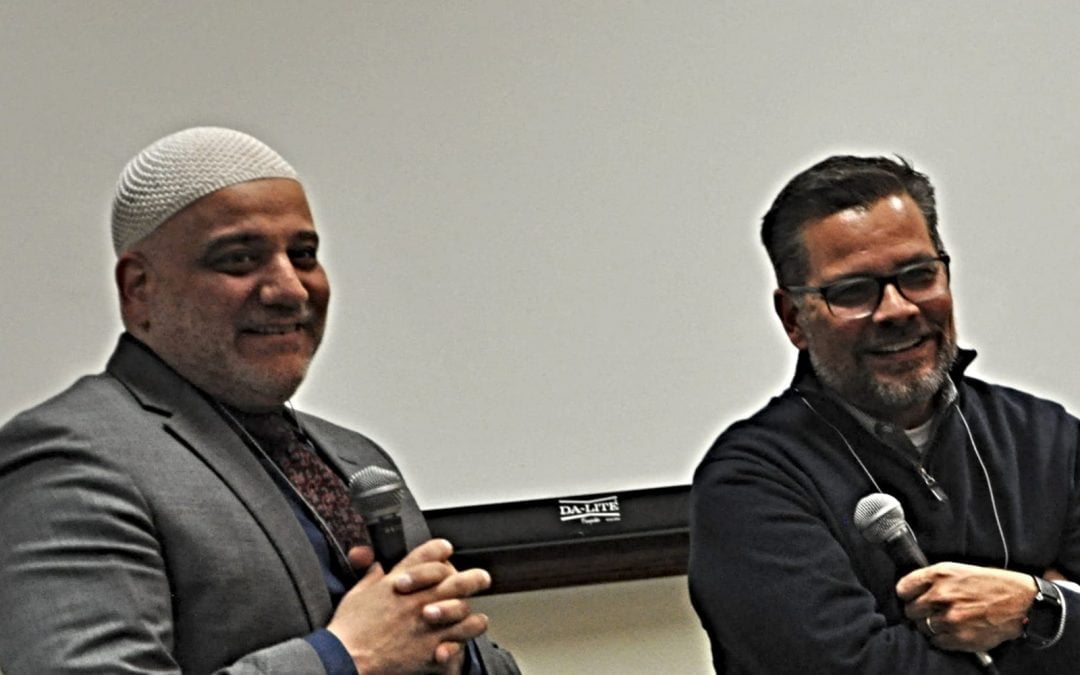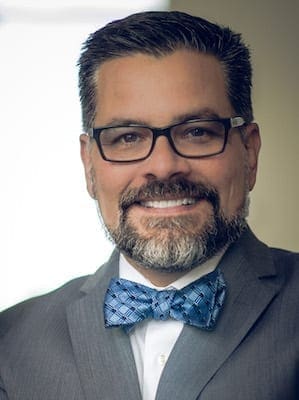Kofi Anan, former secretary-general of the United Nations, offered these inspiring words in 1999: “We may have different religions, different languages, different colored skin, but we all belong to one human race.”
If the world is ever to have a chance for peace, we must enter into dialogue, learn from others by listening, understand multiple perspectives, value our common humanity and choose love over hate.
EthicsDaily has been committed throughout its history to fostering interfaith dialogue and collaboration.
A 2008 documentary, “Good Will for the Common Good,” highlighted examples of Baptists and Jews overcoming historical instances of negative relations and forging a new path for the good of all.
Two years later, working alongside a variety of interfaith partners, EthicsDaily produced a feature-length documentary, “Different Books, Common Word,” which aired on ABC-TV stations.
The documentary cataloged the stories of Baptists and Muslims coming together during hardships and working together to address human rights issues.
Because of this history, EthicsDaily was invited by American Baptists USA to participate in and cover the Third Baptist-Muslim Dialogue at Green Lake, Wisconsin.
Imam Imad Enchassi and I told participants about our friendship and work together in Oklahoma.
We both agreed that our relationship began to change when we stopped looking at each other as Baptist or Muslim, or even pastor and imam, but as friends.
In addition to making a presentation at the gathering, we were fortunate to interview some participants.
We were inspired by the stories of Baptists and Muslims working together, as well as excited to hear about the new relationships that were emerging out of the dialogue.
The opportunity to ask questions of each other in a safe environment was genuinely refreshing.
EthicsDaily’s participation led to two other opportunities for interfaith work.
First, Enchassi invited us to his hometown of Beirut, Lebanon. We produced a short documentary titled “Mercy” about his life growing up as a Palestinian refugee.
Imad was a victim of a massacre by Christians in 1982, but because of his childhood Catholic teacher, Mrs. Mercy, Imad grew up choosing mercy and love over resentment and hate.
The second opportunity was an invitation to attend the Parliament of World’s Religions.
The parliament’s chair, Rob Sellers, extended an invitation for us to visit and record some of the proceedings.
The parliament was an excellent opportunity to learn more about the world’s religions and discover how people of faith are working together to address critical issues.
The world’s most challenging issues are affecting us all regardless of our beliefs, so we need to be working together to combat climate change, human migration, escalation of violence and extreme famine around the world.
These are not just religious problems, but human problems.
The only way we can continue supporting interfaith dialogue and collaboration is through the financial support of our readers, viewers and supporters.
If you want to watch more inspiring stories of global partnerships and interfaith cooperation through our work, we invite you to invest in the future work of EthicsDaily and our collaborative efforts.
No donation is too small; we appreciate and value every dollar given to the cause of supporting biblical ethics and advocating for social justice around the world.
Kofi Anan was right: While we are all unique within our cultures and religions, we are all of one race, the human race.
Therefore, we must find a way forward that respects diversity while building solidarity around our shared humanity and a common good.
Editor’s note: Secure, online donations can be made here. Donations by check can be mailed to P.O. Box 150506, Nashville, TN 37215-0506.
See also:
EthicsDaily 2018: Working with Partners Toward Gender Equality


